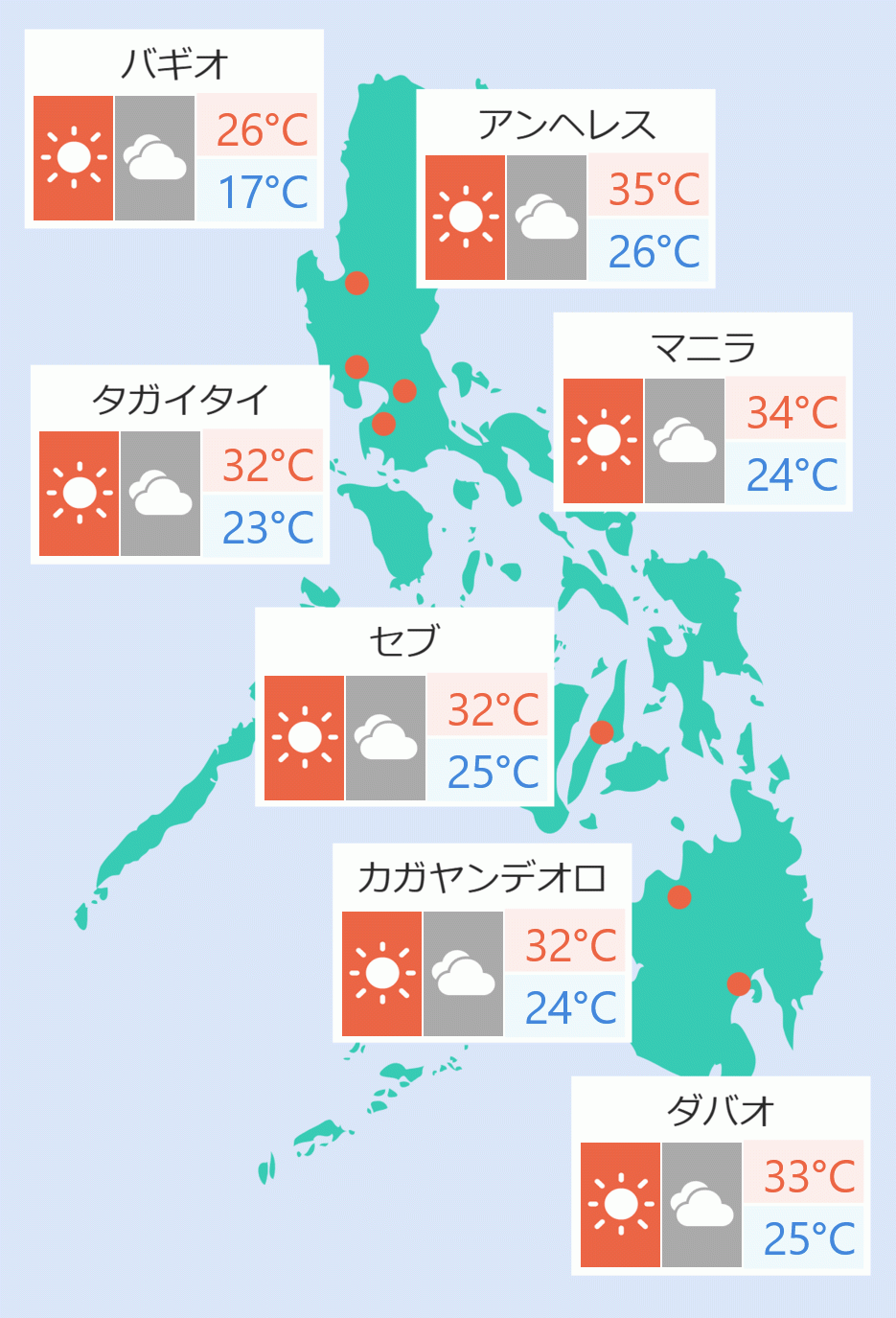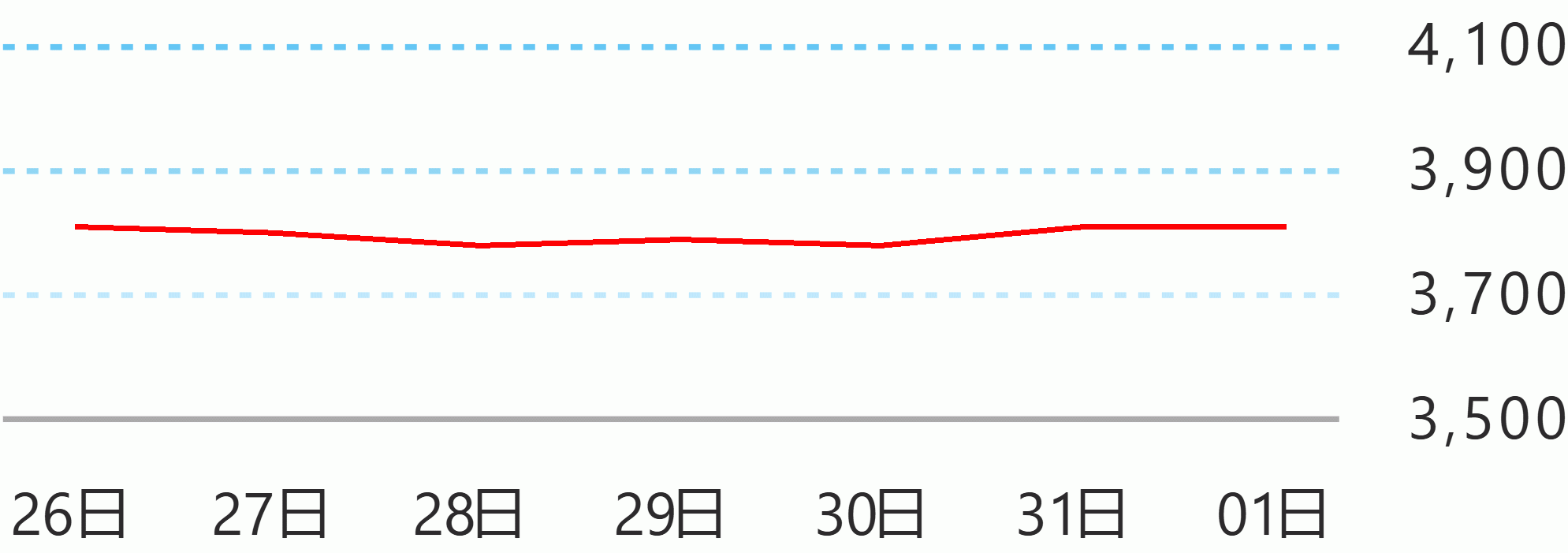With the positive response and participation received from the banking industry to improve access to financing for small and medium enterprises (SMEs), the Japan International Cooperation Agency (JICA) and the Bangko Sentral ng Pilipinas (BSP) are moving to the second phase of their Project for the Establishment of Credit Risk Database (CRD).
The project, whose first phase launched in 2020, seeks to bridge the financing gap for SMEs. While data from the 2023 List of Establishments by the Philippine Statistics Authority (PSA) reveal that 99.63 percent of the over 1.2 million business organizations in the country are classified as micro, small, and medium enterprises (MSMEs), according to 2020 PSA data, they only contribute 35.7% of total value-added in 2020.
Through this project, JICA and BSP promote the financial inclusion especially for SMEs through the adoption of a risk-based lending approach instead of the conventional bank assessment requiring an adequate collateral which SMEs may find difficult to provide.
The CRD scoring model is based on various data points from anonymized financial statements submitted by participating financial institutions. It is developed by JICA and BSP with the technical support of CRD Association Japan, to assist financial institutions effectively evaluate the creditworthiness of SMEs and calculate their probability of default.
Said model takes from Japan’s CRD which holds anonymized data of more than 3 million SMEs in Japan and is used by more than 165 institutions to analyze the credit score of SMEs. The Philippines is the first country to adopt Japan CRD’s approach or model where the database is composed of anonymous financial information that does not contain individual information.
Following the success of the initial batch of 17 pioneering financial institutions during the beginning of the first phase, the project gathered enough anonymized data points which were used to develop the statistical scoring model.
As the CRD was rolled out and its merits became evident, 16 additional institutions to date have joined subsequently, and responded to the call for sustainable financing for SMEs. Inclusion of more participating financial institutions and further service development are also some of the objectives of the second phase of the project.
The JICA-BSP project is significantly aligned with the Philippine government’s push for digital transformation as well, as it utilizes and stores the bank records and financial statements into a digital database.
“The commencement of the second phase of our CRD project is the very instrumental cornerstone of the success and continued trust between BSP and JICA, to further promote financial inclusion for SMEs, which are the backbone of the Philippine Economy,” JICA Philippines Chief Representative SAKAMOTO Takema said during the ceremonial launch. “We believe that key reforms, particularly our CRD project, can revolutionize the banking sector in the Philippines,” he added.
The event was also graced by BSP Governor Eli Remolona, Monetary Board Members Jose Querubin and Romeo Bernardo, and BSP Deputy Governors Bernadette Romulo-Puyat and Francisco Dakila Jr., and Embassy of Japan, Minister for Economic Affairs, Nihei Daisuke, among others. JICA Philippines





 English
English










